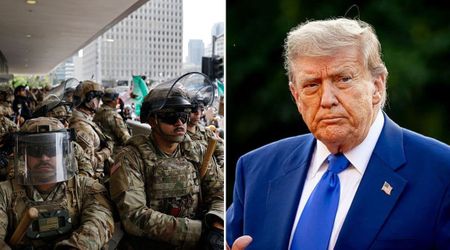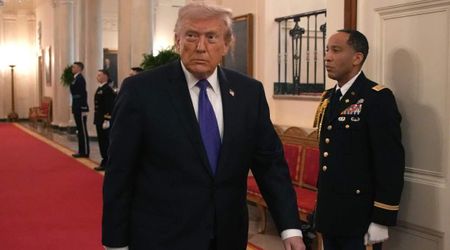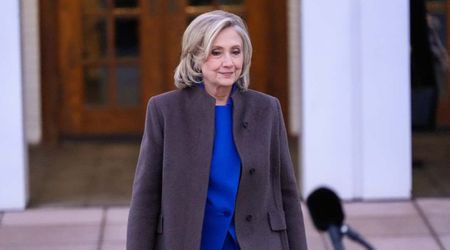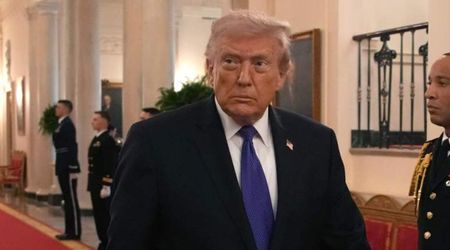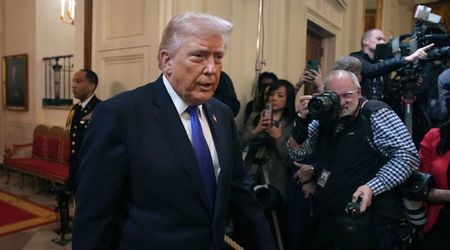Here's how Donald Trump can still make it onto the primary ballot in Colorado for 2024
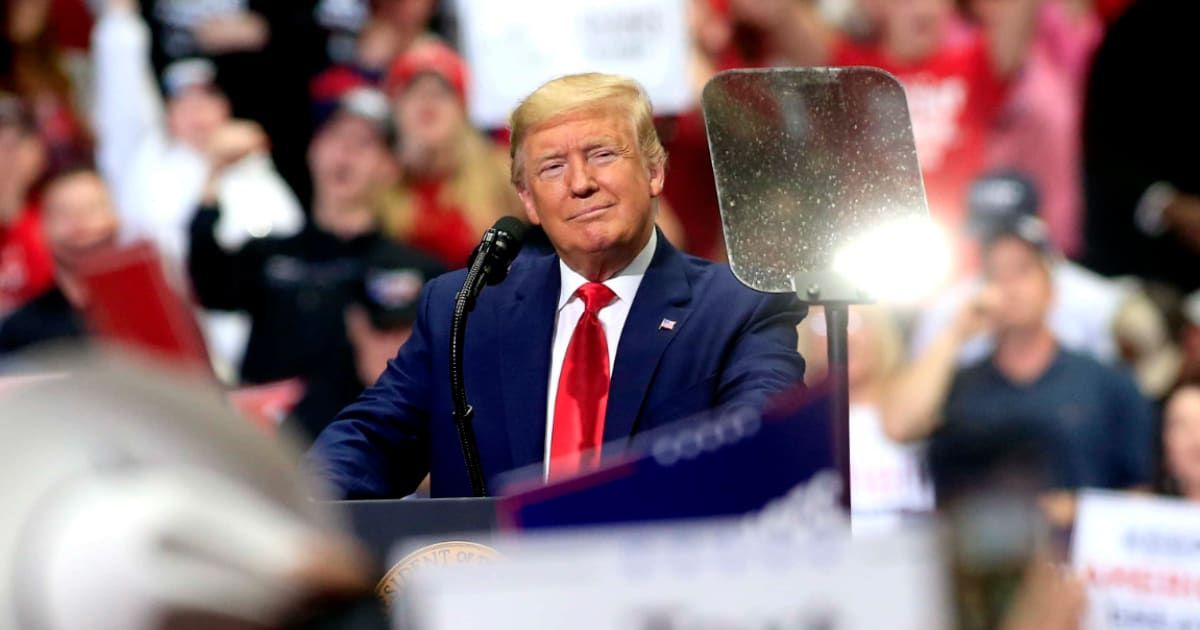
WASHINGTON: The Colorado Supreme Court created history on Tuesday, December 19, when it rendered an unprecedented, stop-the-process decision of declaring former President Donald Trump as ineligible from running for office in 2024 under the Constitution's insurrection clause due to his actions on January 6, 2021,
With the result of 4–3, Trump is eliminated from Colorado's Republican primary ballot, which is set for Super Tuesday in early March.
"A majority of the court holds that former President Trump is disqualified from holding the office of President under Section Three of the Fourteenth Amendment to the United States Constitution," the court wrote.
The court however stayed the decision to allow Trump to appeal, which his campaign said he plans to do. He has until January 4, under the state court’s ruling.
Here's what happened so far
The Colorado Supreme Court eliminated Trump off the state's 2024 ballot on Tuesday, stating that the "insurrectionist ban" of the 14th Amendment prevents him from running for president.
In the event that Trump files an appeal with the US Supreme Court, which might resolve the case for the country, the verdict will be postponed until January 4.
Trump's campaign describes ruling as a 'completely flawed decision'
A fast appeal has been promised by the Trump campaign, which referred to the verdict as "a completely flawed decision." Regarding January 6, Trump has denied any wrongdoing and criticized the 14th Amendment cases as a misuse of the judicial system.

The Colorado Supreme Court's landmark decision will shake up the 2024 presidential race, even if it only pertains to Colorado.
The decision is also a huge victory for liberal organizations and constitutional experts from all backgrounds who supported these 14th Amendment cases despite the overwhelming odds.
Key takeaways from the decision
The trial judge's findings that Trump "engaged in" the January 6 attack on the US Capitol and that it constituted an insurrection were maintained by the highest court in Colorado.
Before Trump was removed from any ballot, the challengers had to overcome these significant legal obstacles, mainly because the 14th Amendment's language doesn't precisely define what constitutes an "insurrection" or how one "engages in" one.
The court also upheld the ruling that the First Amendment did not apply to Trump's address at the Ellipse on January 6. Trump has made an unsuccessful attempt to prove this point in state and federal courts, where it was determined that his statements encouraging supporters to "walk down to the Capitol" and "fight like hell" to "take back our country" incited violence.
On one crucial point, the trial judge's contentious ruling that the "insurrectionist ban" extends to all offices save the presidency was overturned by the justices, who deviated from her.
Oath-breaking insurrectionists are prohibited from holding elected office in the United States or any State, as well as from serving as senators, representatives, or presidential electors, according to Section 3 of the 14th Amendment. The president isn't mentioned, though.
The stage is now set for the Supreme Court, whose 6-3 conservative majority includes three Trump appointees, to consider whether Trump is eligible to serve another term as president.

